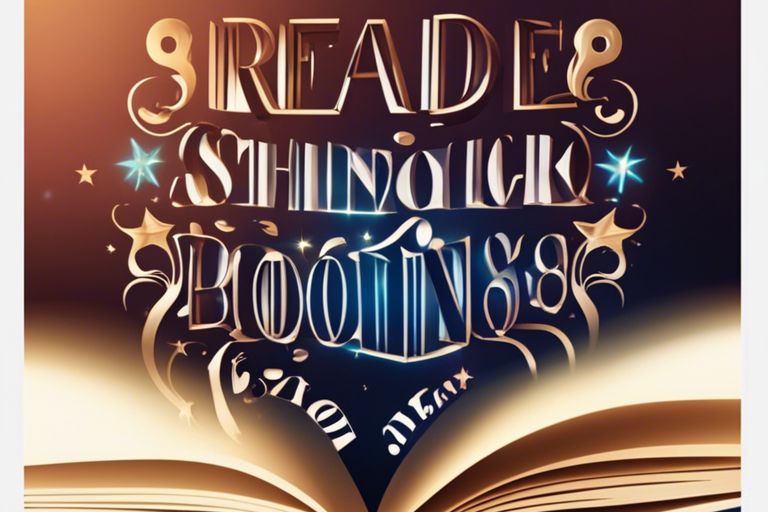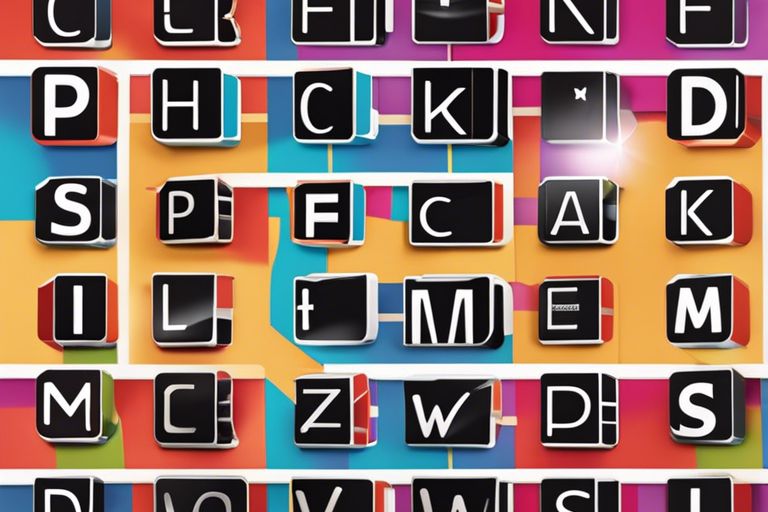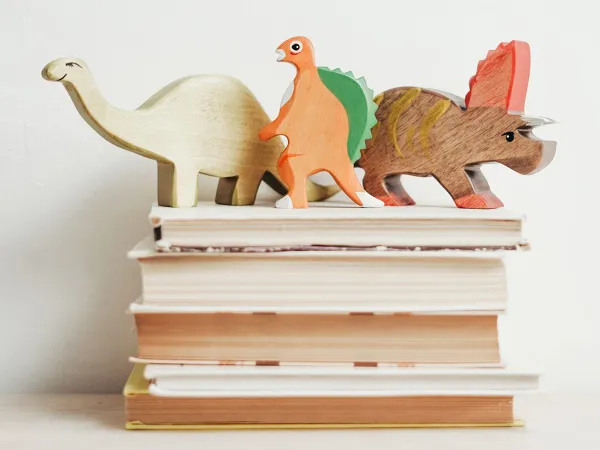
What are multisyllabic words and how can I teach them?
Phonics is an effective method for teaching children to read and write, especially when it comes to decoding and recognising words. In addition to basic phonics instruction, it is important for students to learn strategies for tackling multisyllabic words, which are words with more than one syllable.
One effective strategy for decoding multisyllabic words is to break them down into smaller, more manageable parts. This process is known as syllabication. By dividing a word into its syllables, students can identify the individual sounds and apply their knowledge of phonics to decode each syllable.
Another strategy for decoding multisyllabic words is to use context clues to help determine the pronunciation and meaning of the word. For example, if a student encounters the word “photograph” in a sentence, they may be able to infer that the word is pronounced “foh-tuh-graf” based on their prior knowledge of phonics and the context of the sentence.
Teaching students to recognise common syllable patterns, such as prefixes, suffixes, and root words, can also be helpful in decoding multisyllabic words. For example, if a student knows that the prefix “pre-” means “before,” they may be able to use this knowledge to decode the word “preview” as “pree-vyoo.”
Overall, teaching phonics and multisyllabic word strategies together can help students develop strong literacy skills and become confident readers and writers.
Top 12 Resources to support Multisyllabic word recognition
Syllabuilders: Spelling, Punctuation, and Grammar Game
Syllabuilders is an educational game designed to help children learn spelling, punctuation, and grammar skills. It is suitable for children aged 5 to 9 years old.
The game includes a set of cards with different words, punctuation marks, and grammar rules. The game is designed to be fun and interactive, and can help children to develop important language skills.
Compound Word Dominoes
Compound Words Match & Learn Dominoes is a set of dominoes designed to help children learn about compound words, which are words made up of two or more smaller words.
The dominoes feature pictures on one half and words on the other half. The words are broken up into their smaller parts, and children must match the two halves of each domino to create a compound word. It can help children improve their vocabulary, spelling, and reading skills, while also promoting critical thinking and problem-solving abilities.
Phonics Dominoes: Blends and Digraphs
The Learning Resources Phonics Dominoes – Blends & Digraphs is an educational game designed to help children learn about blends and digraphs in phonics.
By playing with the Phonics Dominoes, children can improve their ability to recognise blends and digraphs in words, which can help them with reading and spelling. The game can also help to develop critical thinking and problem-solving skills, as children must figure out how to make the dominoes fit together to create a chain of words.
Syllabication Wizardry: A unique and innovative Approach to Reading Skill Improvement
The Learning Resources Reading Rods Prefixes and Suffixes is a valuable tool for parents, teachers, and homeschoolers who want to help children improve their reading skills in a fun and interactive way.
It’s designed to help children learn to read, build words, and develop phonemic awareness and phonics skills. The set includes a variety of rods, each featuring a prefix, suffix, or root word.
Reading Syllables Workbook
Reading Syllables is designed to help children learn how to read and recognise syllables in words.
The book includes a variety of activities and exercises that are designed to be simple and fun for children to complete. The activities are designed to help children develop phonemic awareness, which is the ability to recognise and manipulate individual sounds in words.
The activities in the book include syllable matching, syllable segmentation, and syllable blending exercises. The book also includes word lists and progress tracking pages, so children can see their progress as they complete each activity.
Ladybird Key Words 36 Books Box Set
The Ladybird Key Words Box Set is a collection of hardcover books designed to help young children learn to read using a phonics-based approach.
The books follow the adventures of siblings Peter and Jane as they learn to read and develop their language skills. Each book focuses on a set of key words that children need to learn in order to become confident readers.
The books include helpful notes for parents and teachers on how to use the books to support children’s learning.
The Ladybird Key Words with Peter and Jane set is suitable for children aged 4-7 years old and is ideal for use in classrooms, homeschools, and at home.
Bananagrams Word Game
Bananagrams is a fun and educational game that can help players improve their vocabulary, spelling, and word recognition skills. It is easy to learn and quick to play, making it a great choice for family game nights, classroom activities, or just for a fun time with friends.
The object of the game is to be the first player to use up all of your tiles in creating words in your grid.
Play Makes Sense Phonics Activity Cards
The Play Makes Sense Phonics Activity Cards are suitable for children in Phase 6 of the UK Phonics Curriculum, which is typically for children aged 5-7 years old.
The set includes 44 activity cards, each with a different phonics focus. The cards are colour-coded for easy reference and cover a range of skills, including reading and spelling multisyllabic words, using prefixes and suffixes, and understanding silent letters.
The activities on the cards are designed to be fun and engaging for children, with games, puzzles, and other interactive activities. The cards can be used in a variety of settings, including classrooms, homeschools, and at home, and can be adapted to suit different learning styles and abilities.
Learn to Read at Home with Bug Club Phonics: Phase 5
Learn to Read at Home with Bug Club Phonics: Phase 5 is a set of four fiction books in paperback format. The set is designed for children in Year 1, Terms 2 and 3, and cover the Phase 5 level of phonics learning. The stories are engaging and fun, and are designed to help children develop their reading skills, including decoding, fluency, comprehension, and vocabulary.
The Learn to Read at Home with Bug Club Phonics: Phase 5 set is a valuable resource for parents, teachers, and homeschoolers who want to support children’s reading development at home.
Word Building with Prefixes and Suffixes
The Word Building with Prefixes and Suffixes Set is a collection of six books designed to help children learn about prefixes and suffixes and build their vocabulary.
Each book focuses on a specific prefix or suffix and includes a variety of words that feature that prefix or suffix. The books include activities and exercises that help children learn how to use these words in context and understand their meanings.
Word Family Flashcards
The Junior Learning Word Family Flashcards are a set of flashcards designed to help children learn about word families, which are groups of words that share a common root word or base. The flashcards feature a word family on one side and several related words on the other side.
The flashcards are suitable for children aged 5 and up and can be used to improve their reading, spelling, and vocabulary skills. The cards are colour-coded by word family, making it easy for children to recognise patterns and identify words that share common sounds and spelling patterns.
Decoding, Spelling, and Understanding Multisyllabic Words
The book is designed to help students improve their ability to read and spell multisyllabic words by teaching them common prefixes and suffixes. It covers over 200 prefixes and suffixes, along with examples of words that contain them, and provides practice exercises to reinforce learning.























